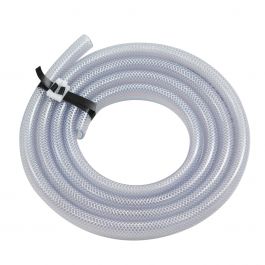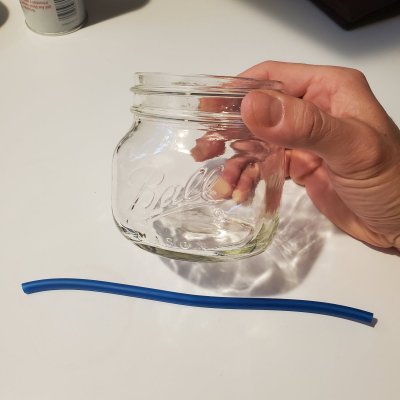- Joined
- Apr 15, 2019
- Messages
- 15
- Reaction score
- 37
Please, keep in mind that I did all ICP test with RO/DI water 0 conductivity. Just placing 1 meter of tube into the bucket of water for 24h was enough to measure such a high level of tin that it would kill all SPS corals in any tank.
It may not leach into salt water.
I repeated the tests with certified tube for drinking water and there was no trace of tin. It does not mean that all certified tubes has not tin of course.
I think that every SPS tank should be tested using ICP from time to time. If you have no tin, do not panic...if you have, check tubing, it is simple as that
It may not leach into salt water.
I repeated the tests with certified tube for drinking water and there was no trace of tin. It does not mean that all certified tubes has not tin of course.
I think that every SPS tank should be tested using ICP from time to time. If you have no tin, do not panic...if you have, check tubing, it is simple as that






















